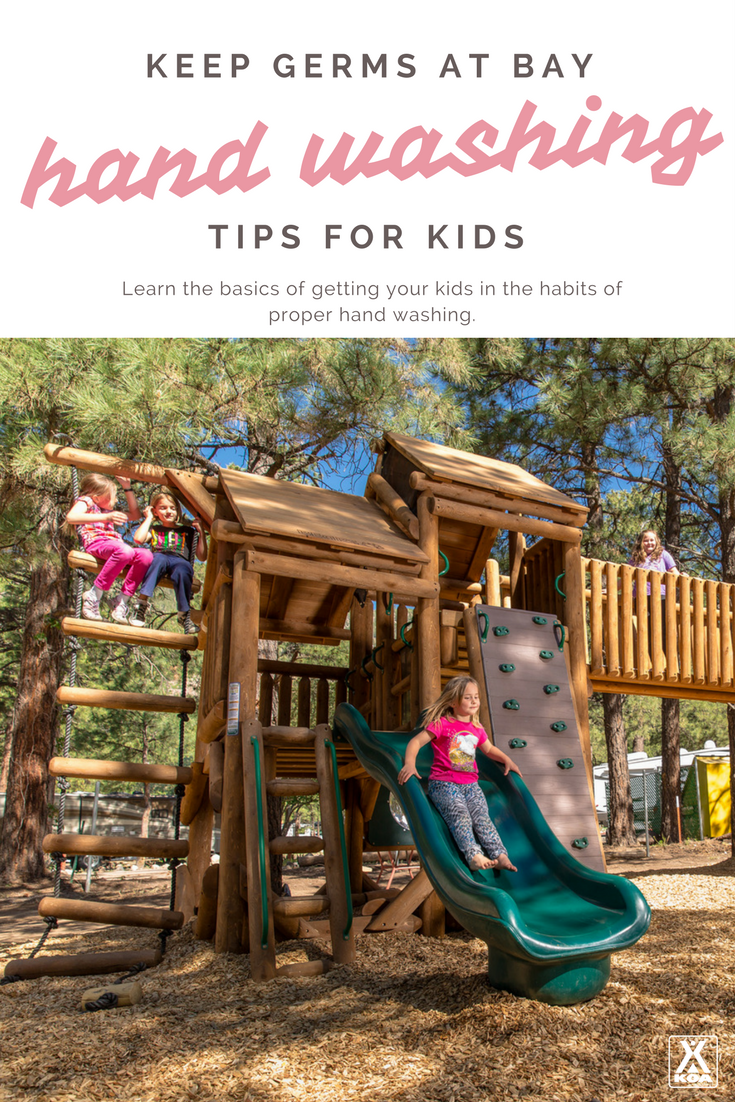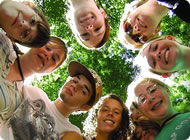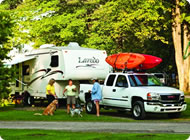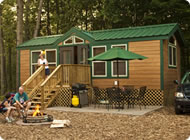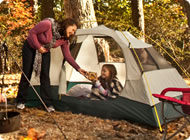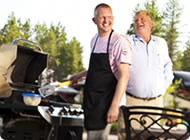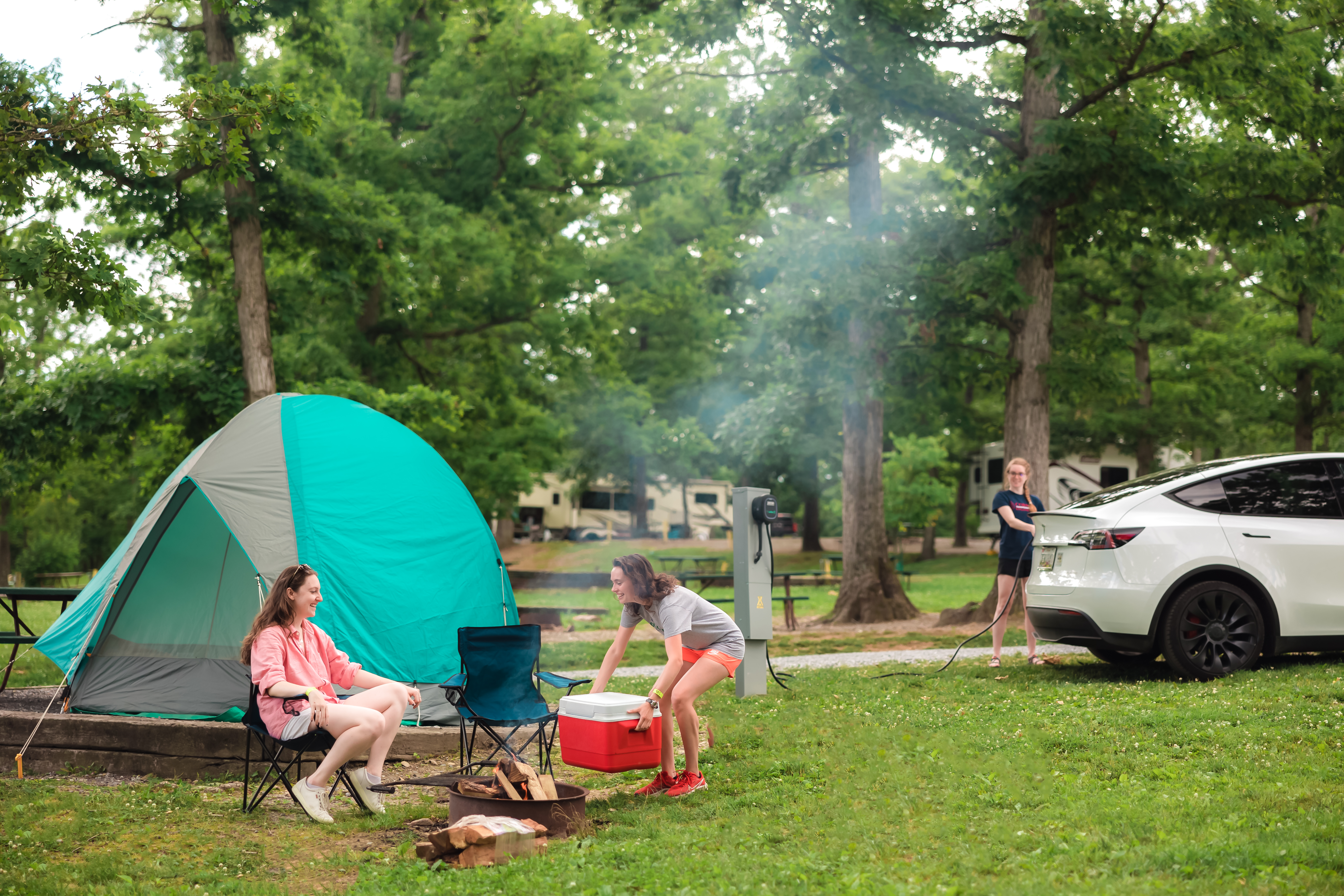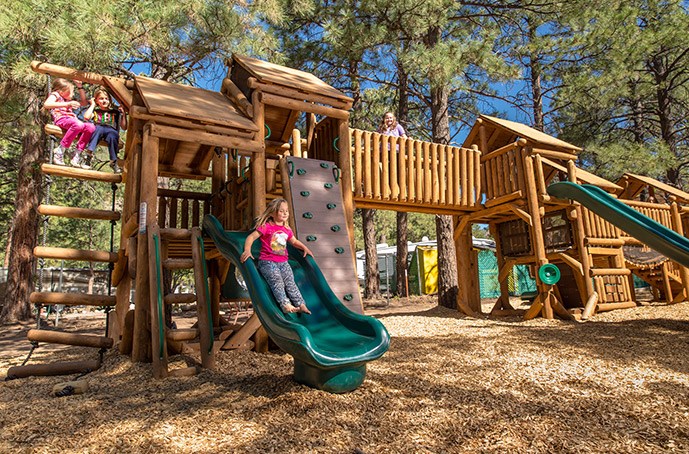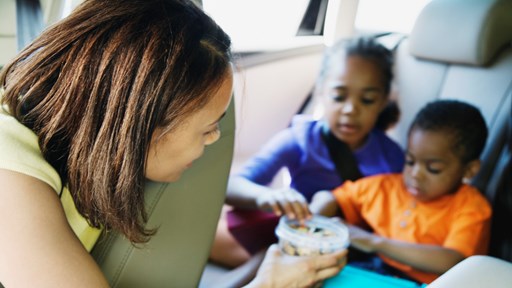Some simple hand washing tips could be the key to keep your kids healthy on and off the campground.
One of the best parts of camping as a kid is getting a little – or a lot – dirty on the playground, Jumping Pillow or a favorite trail. While the fun is easy, sometimes the cleanup isn’t so easy for youngsters. This is why it’s important to teach children about proper hand washing. A few simple lessons can prevent the spread of nasty germs and bacteria that can make kids and adults sick. Hand washing is one of the simplest, yet most effective, ways to prevent the spread of many types of infection and illness, including food-borne illness. No one wants germs from a day of campground fun to end up on their dinner plate or marshmallow stick.
Get your kids in the habit of washing their hands:
- before helping in the kitchen or sitting down to eat a meal
- after handling raw meat, poultry, seafood or eggs
- after touching animals, including household pets
- after using the bathroom
- after blowing their nose, coughing or sneezing
- before and after touching a wound or coming into contact with someone who is sick
You can make proper hand washing a routine by making it fun. Turn hand washing into a party at the sink by getting the whole family involved. Just be sure everyone is following these simple steps:
- Wet your hands with clean, running water (warm or cold), turn off the tap, and apply soap.
- Lather your hands by rubbing them together with the soap. Be sure to lather the backs of your hands, between your fingers and under your nails.
- Scrub your hands for at least 20 seconds. An easy way for kids to learn to time themselves is by singing the happy birthday song twice. Have them sing it to the person whose birthday is coming up next!
- Rinse your hands well under clean, running water.
- Dry your hands using a clean towel or paper towel, or air dry them.
The best way to get your hands clean is using the above method, but if you don’t have access to water, you can use disposable wipes.
Everyone is at risk for food-borne illnesses, but young children are at greater risk for experiencing a more serious illness because their immune systems are not as developed as adults’. Help prevent the spread of food-borne illnesses by making proper hand washing a routine in your home. When you teach your kids these healthy habits, you can help prevent the spread of bacteria and keep them healthy.
For more information about how to make hand washing fun for your kids, visit FightBac.org.
Sarah Lichtman, Food Safety Education Staff, Food Safety and Inspection Service
